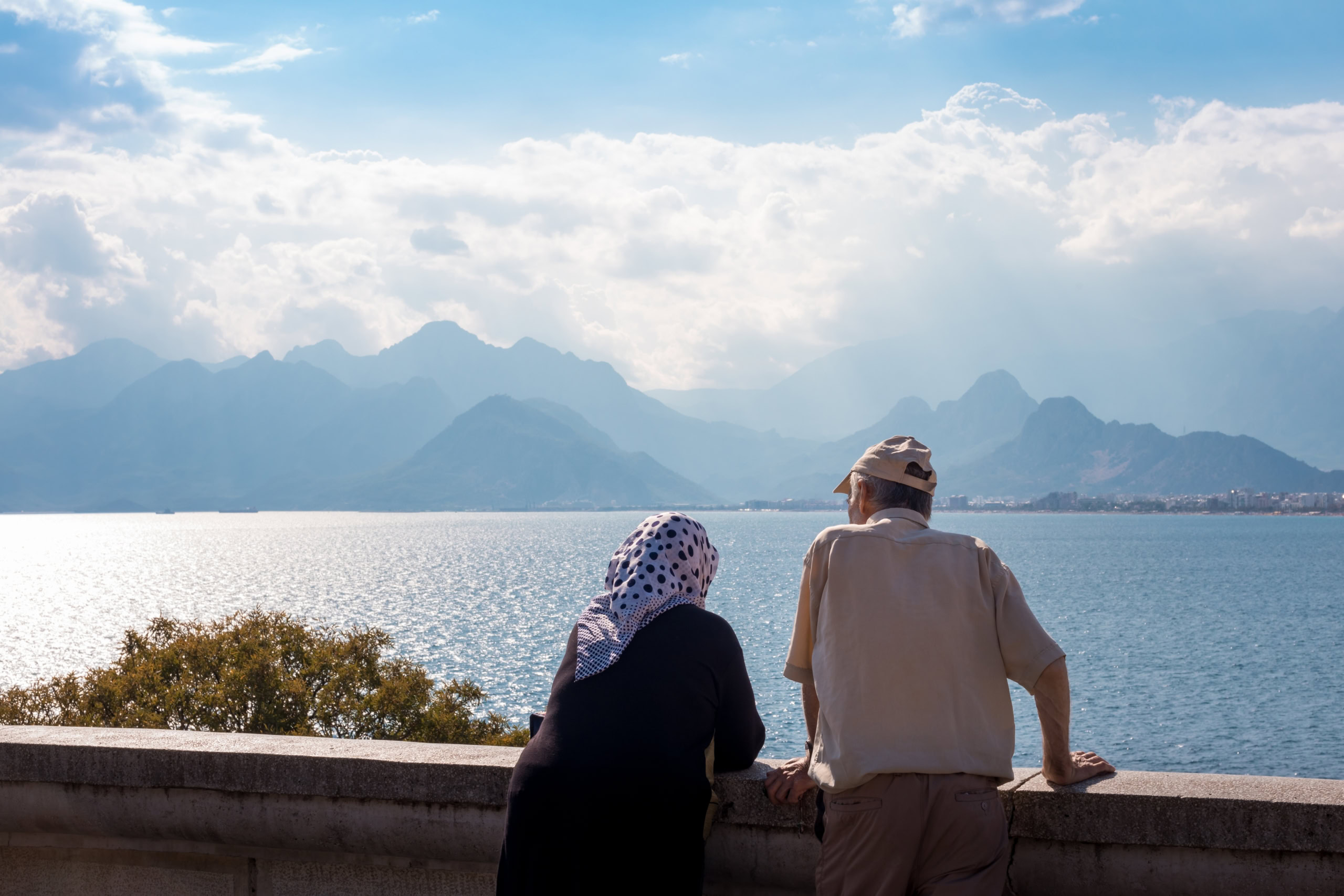Can I Take Out Medical Insurance despite the Existence of a Failing NHS?
Answered by Shaykh Abdul-Rahim Reasat
Question
Is it permissible to get medical insurance for my aging parents due to the deteriorating state of the NHS, prolonged waiting times, and their current suffering, despite my desire for them to receive timely care and alleviate their suffering?
Answer
As long as the NHS is a viable recourse for medical treatment, one would not be permitted to take medical insurance. This would entail it being possible for a person to get seen and treated for their medical condition in a reasonable period of time, and without the condition significanly worsening due to the absence of medical treatment.
If that is the case, and it is highly likely that waiting for the NHS would entail a deterioration of one’s health, we would ask if this individual is able to afford private treatment without it financially crippling him. This is not restricted to conventional medicine. If there is a legitimate form of alternative medicine that treats one’s condition, such as acupuncture, for example, then one must resort to it.
In the absence of the above scenarios, when one’s health is likely to be jeopardized through waiting for treatment or the absence of it, then one pays to take out such insurance, but only to the amount necessary. This can be understood from the fiqhi principles: “The lesser of two harm may be taken” and “Harm is to be removed.” (Zarqa, Sharh al-Qawa’id al-Fiqhiyya)
If the NHS improves, or one’s subjective scenario changes such that the aforementioned impediments to treatment are absent, one should not renew the policy, and Allah knows best.
May Allah facilitate a means for lasting well-being and resultant gratitude for you.
[Shaykh] Abdul-Rahim Reasat
Checked and Approved by Shaykh Faraz Rabbani
Shaykh Abdul-Rahim Reasat began studying Arabic Grammar and Morphology whilst studying for a degree in English and History. After graduating, He traveled to Damascus and studied Arabic, Hanafi Fiqh, Usul al-Fiqh, Theology, and Logic with Shaykh Adnan Darwish, Shaykh ‘Abd al-Rahman Arjan al-Binsawi, Shaykh Husayn Darwish, Shaykh Muhammad Darwish, the late Shaykh Rashad Shams, and others. He then moved to Amman to continue his studies in those fields, as well as in Tafsir, Quranic Sciences, Hadith Methodology and Commentary, Prophetic Biography, Prophetic Perfections and Traits, Rhetoric, Arabic Literature, and Tajwid. His teachers include Shaykh Ali Hani, Dr. Hamza al-Bakri, Dr Salah Abu al-Hajj, Dr Mansur Abu Zina, Shaykh Ahmad Hasanat, Shaykh Ahmad Jammal, and others.
